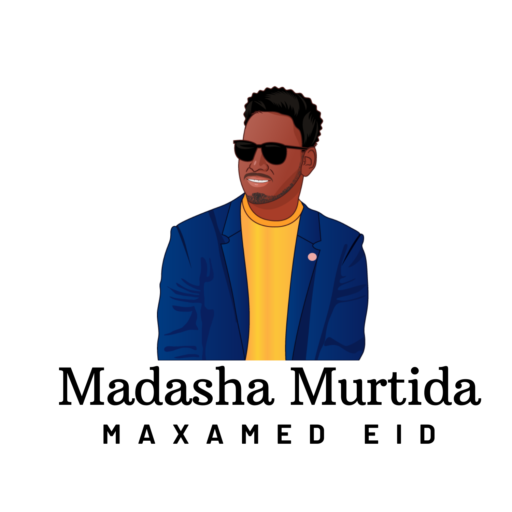Translated by: MOHAMED-EID After a period filled with travel and a flood of continuous memories, I’ve spent a year and a little over in the…
When Yassin first set foot on American soil, he believed he was stepping into his future. The air smelled different, crisp with possibilities, and the…
Tan iyo dhalashadaydii indhaha waxba ka ma arkin, mar kasta oo carruurta qayrkay ah aan eray is dhaafsannana, waxay i xasuusin jireen waxa iga maqan.…
Mohamed Eid Waxaan fadhiyay wajahada maqaaxi shaah oo ku taal magaalada Bloomington, markii aan si kadis ah ula kulmay waji aan igu cusbayn balse meel…
I grew up under a bridge in Hargeisa. It wasn’t a home. It was just a slab of concrete where the forgotten kids of the…
Dear America, As a Somali American, I want to share a perspective on racism that might feel both familiar and foreign to you. Living in…
Gabayga “Tallan” wuxuu si qoto dheer uga hadlayaa halganka nololeed, rajo-beelka, iyo dhibta ay la kulmaan bulshooyinka hoos yimaada cadaadis siyaasadeed iyo dhaqaale. Inkasta oo…
Three Habits That Add No Value to Your Life and Can Harm Your Well-being if They Become Addictive In today’s fast-paced world, it’s easy to…
Part 6: Coming Home and Finding His Voice Isma’il returned home after a couple of years in Kenya, his heart heavy with a mix of…
Part 5: The Breaking Point The breaking point came the night Isma’il attended a school dance party. This wasn’t the first time he had tested…
